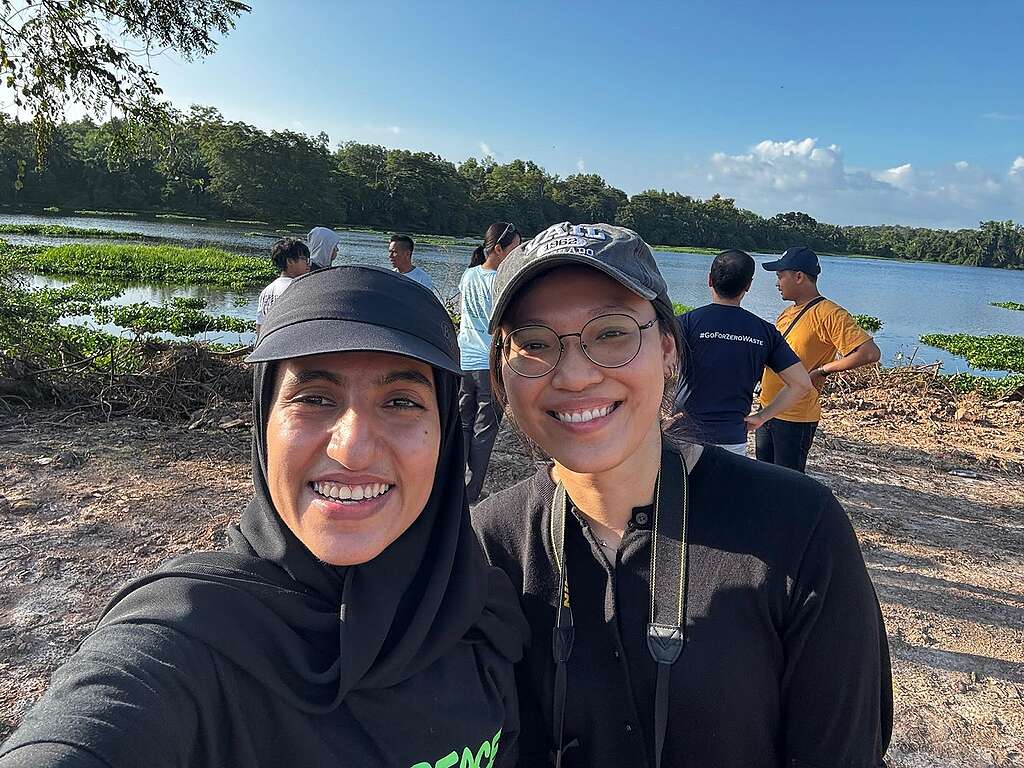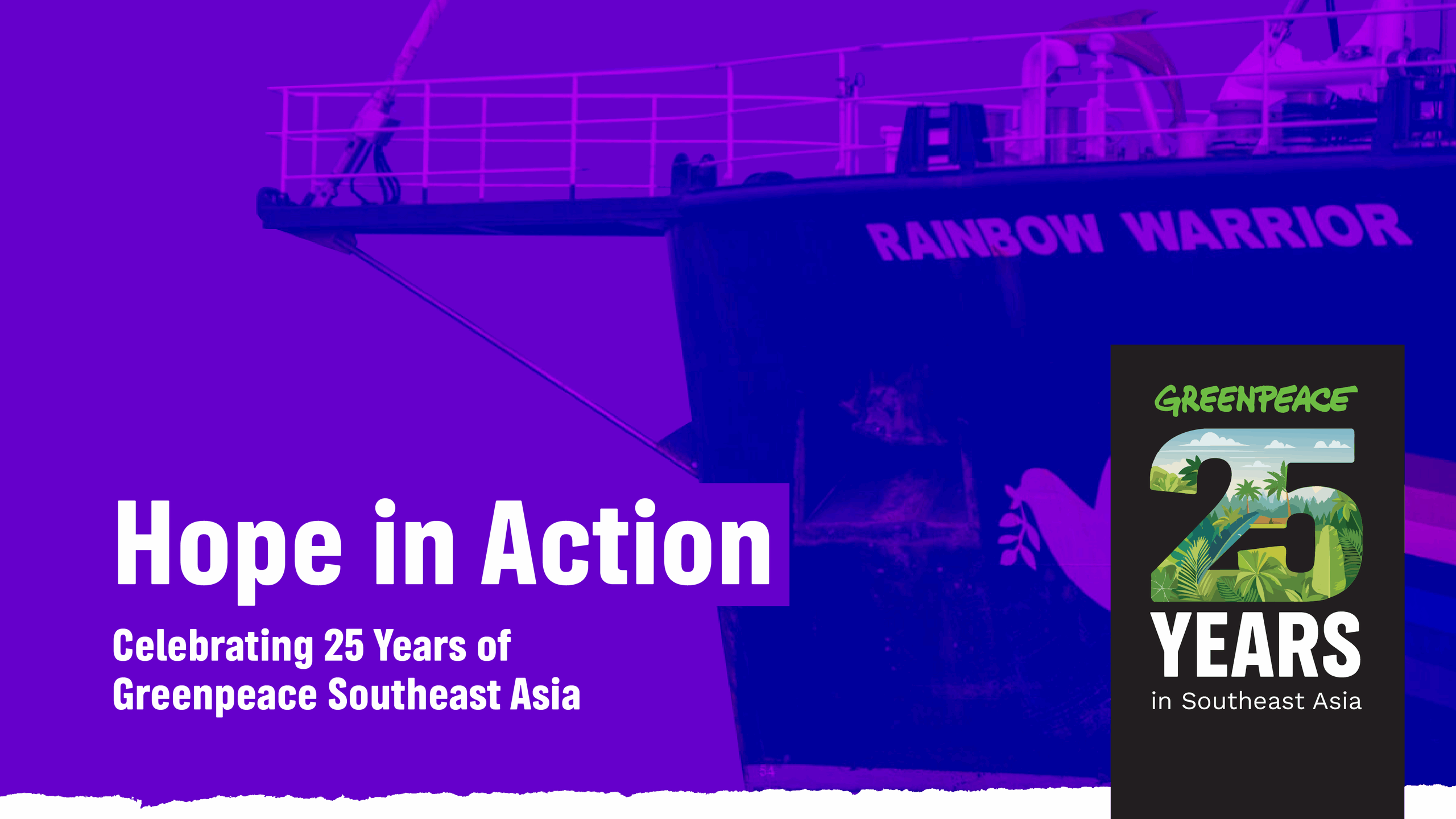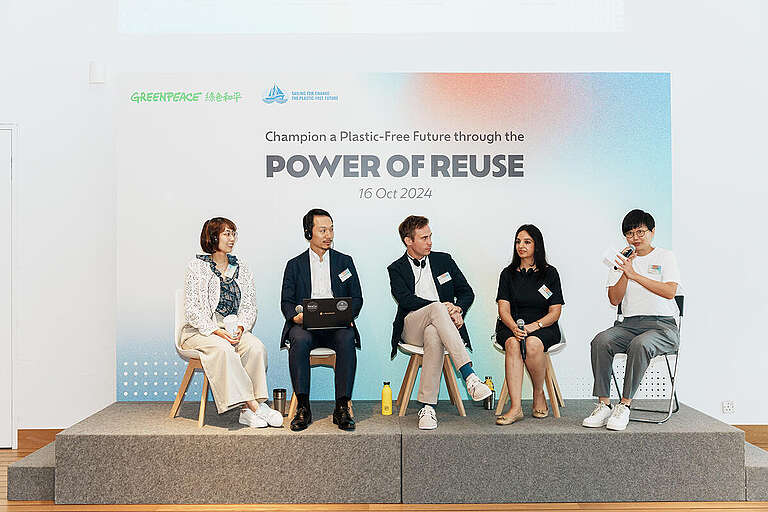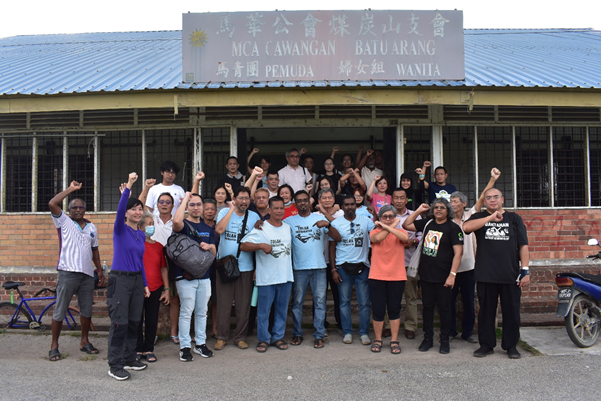
“Bantah incinerators! Save Batu Arang!” screamed the Batu Arang community and NGOs.
The recognition of a clean, healthy, and sustainable environment as a human right is of utmost significance. This is exemplified by the erstwhile coal-mining town community, despite not being historically linked with demonstrations, have recently risen once again in unity.
On January 21st, 2024, the Batu Arang community orchestrated their second protest. This is a testament to their resilience and determination to make their voices heard. Their actions serve as an inspiration for communities elsewhere to stand up for what they believe in.
A week later, the Batu Arang community came together at the local community hall to express their concerns about a proposed project. This project entails the construction of an incinerator facility at Lot 3847, which is worryingly close to their homes. With an estimated cost of RM4.5 billion, this venture has caused understandable concerns and anxiety within the community.
In particular, the proposed Sultan Idris Shah (SIS) green energy plant, located approximately 50 kilometres north-west of Kuala Lumpur, is set to address the mounting waste management challenges faced by six prominent local councils within Selangor. With the capacity to burn and convert 2, 400 tonnes of waste daily, this state-of-the-art facility will play a crucial role in tackling these challenges head-on.
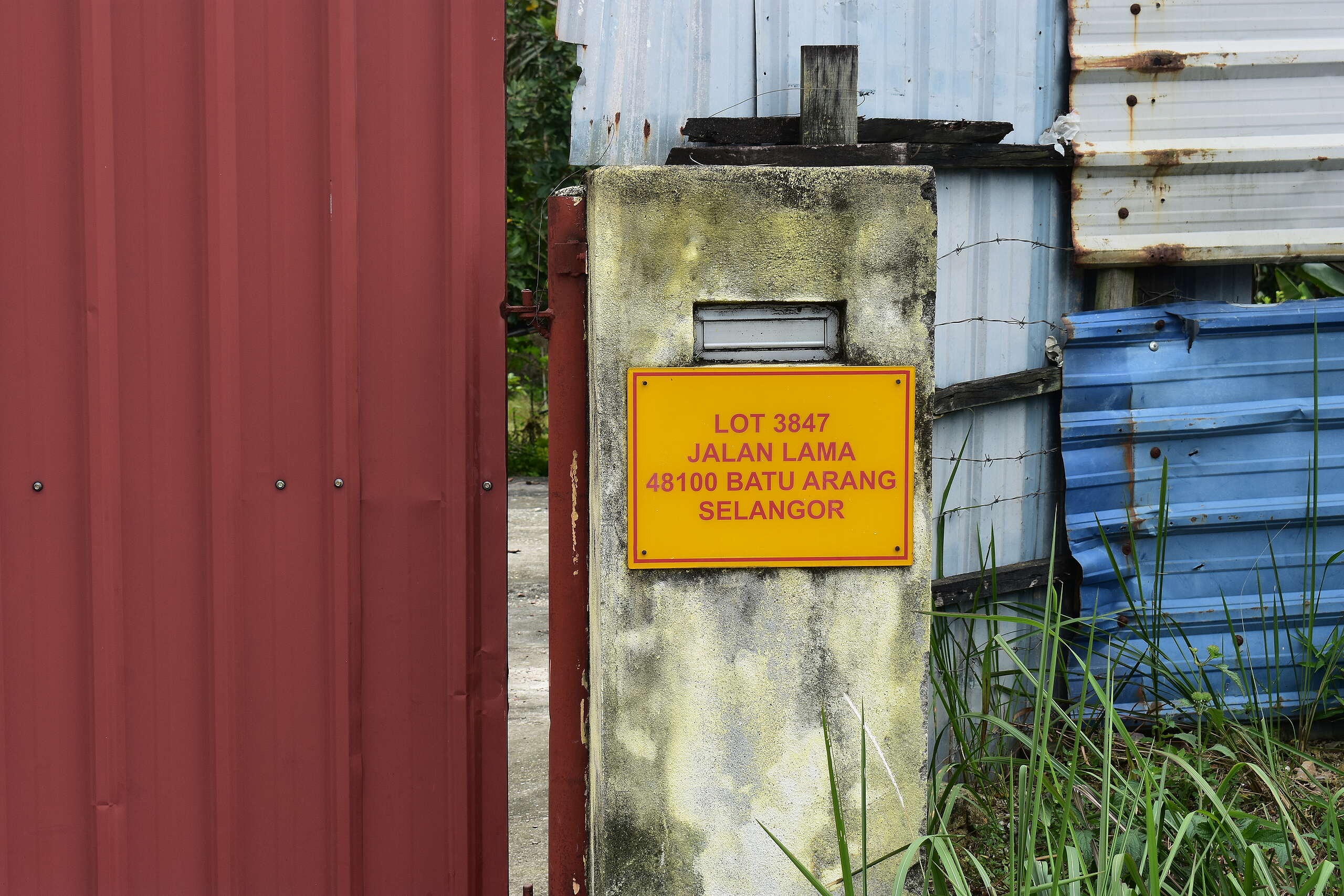
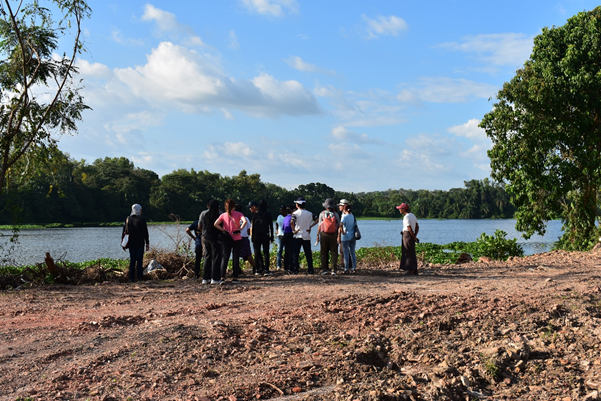
Ming, a resident of Kampung Batu Arang said, “Clean air is a precious gift bestowed upon us by God, and the best part is that we don’t even have to pay taxes for it! It is a basic human right. It’s something we all deserve. When I heard about this incinerator plan for Batu Arang, I was up all night for a fortnight worrying about what this means for my kids and their kids. Building that thing could wipe out years of our town’s history and could really hit people in their pockets, especially our farming mates.”
Ravish Shaken, a resident of Kampung Batu Arang commented, “When there is an incinerator, numerous lorries carrying rubbish utilise our roads. Despite being informed that the lorries will not pass through this area, we are uncertain of the veracity of this statement, as laws and rules in Malaysia can change at any time. The drivers appear to make their own decisions and frequently pass through our small hometown, resulting in dirty roads, unpleasant odors, and the potential spread of diseases.”
“Another aspect to consider is the fragility of the underground geology in our town, which includes underground tunnels and a significant amount of residual coal. This presents a risk of coal ignition and potential disaster if an incinerator were to burn rubbish at temperatures ranging from 700 to 800 degrees Celsius. It is crucial for us not to live in fear and worry about the long-term consequences.”
“I believe it is unfair because they did not take the time to meet and engage with the local community, conduct surveys, or seek our opinions. We were not given the opportunity to provide input. There was no open dialogue between us and those in charge. We have not had any meetings with them. We have concerns about the operation of the facility, the use of the land, and transportation. None of these matters have been adequately explained to the residents here.”
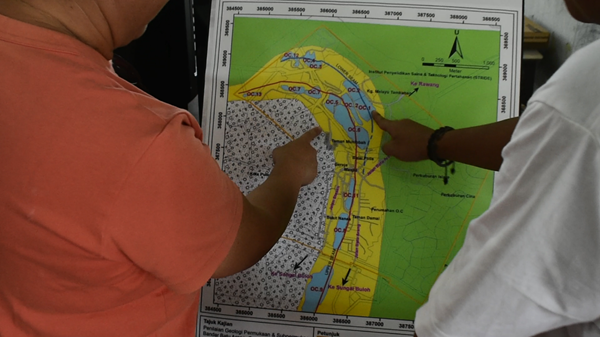
Wan Kian, a resident of Kampung Batu Arang commented, “Firstly, I believe many Malaysians here are familiar with the governance practices of our government when it comes to factories and pollutants. Does the Malaysian government have existing regulations and governance in place for incinerators? If these regulations are not in place, anyone can construct an incinerator without adequate oversight. Hence, it is important to ensure that the operators of such facilities adhere to the rules and minimise the emission of toxins. Otherwise, it is our well-being that will bear the brunt of the consequences.”
“Secondly, dioxin is not only toxic to humans but also to animals. For instance, in France, the levels of toxicity in eggs exceed the safety limit for human consumption. This implies that you are not only exposed to toxic air but also consuming contaminated food. I urge the Batu Arang community, who may be currently quiet and laid back, to come together and voice your objections against this incinerator. When people unite, we can accomplish great things. It’s not just about the incinerator.”
When asked the question, “Will you relocate if the incinerator is built here?”
In response, Kong, a resident of Kampung Batu Arang said, “At the age of 68, I have concerns about the construction of an incinerator in this area and its potential impact on air quality. If it takes three years to complete, I fear that I may not want to breathe the air here.”
“I recently attended a symposium where I learned that incinerators not only pollute the air but also the ground and water. There have been cases in Europe where eggs within a five kilometres radius were contaminated by dioxins. Consuming local eggs, chicken, or any other contaminated produce can lead to illness, including cancer. According to experts from the US, testing for dioxins is extremely expensive. I don’t think I want to stay, although I love this place very much.”
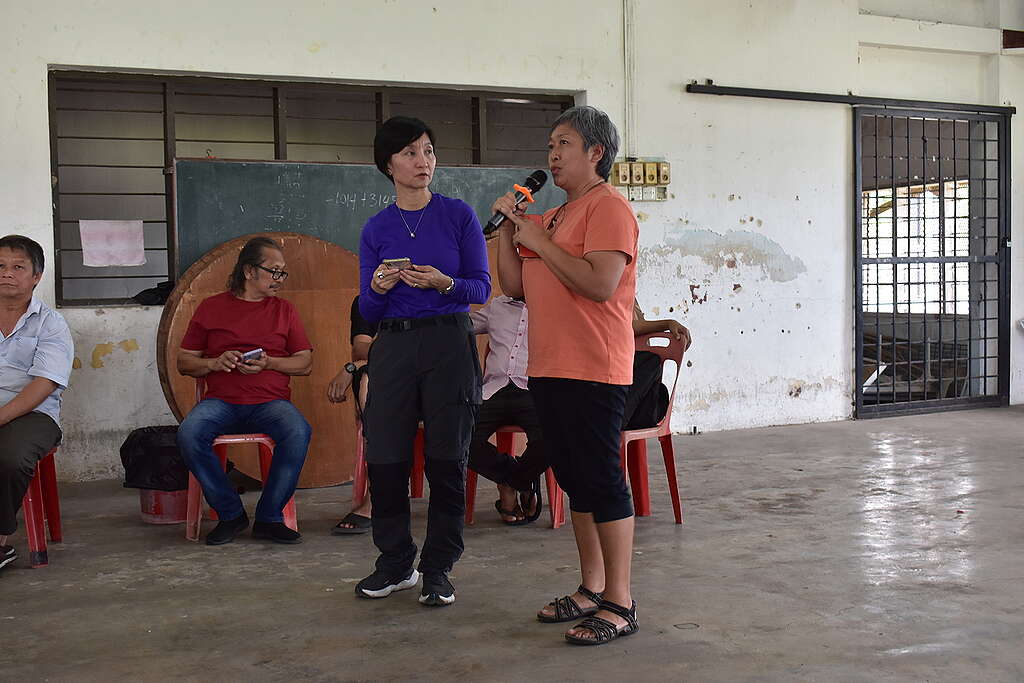
Sulaiman asked, “Who wants to relocate? Only Mr. Kong?”
“We are not against development or the government, but we simply want the incinerator to be constructed in a different location. We have nowhere else to go. This is our home, and we must fight against the incinerator to protect it,” he continued.
Mageswari Sangaralingam, the Honorary Secretary of Friend of the Earth, voiced her disagreement with Sulaiman’s perspectives on the incinerator issue. She stated, “The erection of incinerators anywhere will undoubtedly affect us all. Our goal is to eradicate incinerators from Malaysia entirely, safeguarding the health and well-being of every community. The true solution resides in attaining a zero-waste society.”
YuenMei Wong articulated, “The vehement resistance from local inhabitants against the proposed incinerator in Selangor is a significant issue that has remained unresolved for years. Over the past twenty years, similar plans for constructing such facilities in Broga, South Selangor and Jinjang, North Kuala Lumpur have been shelved by the government due to public outcry.”
Following a tireless journey spanning seven years, Wong and her steadfast community have gloriously emerged victorious against the Broga incinerator plant. From their position of strength, Wong encouraged the Batu Arang community to remain resolute and never give in.
Froilan Grate, the Executive Director of GAIA Philippines, made a compelling point. He stated, “To negate the need for an incinerator, we must strive to make the Batu Arang community zero waste. This would effectively eliminate any rationale for such a facility. Importantly, this principle is not exclusive to Batu Arang but extends to other communities as well.”
“You need to steadfastly affirm that vacating your present residence is simply out of the question. Highlight that this is your home, and the instant you even consider departing, you’re playing into their hands. Hence, it’s absolutely crucial to persistently stand up for what you believe in, and surrendering should never be deemed an acceptable solution.”
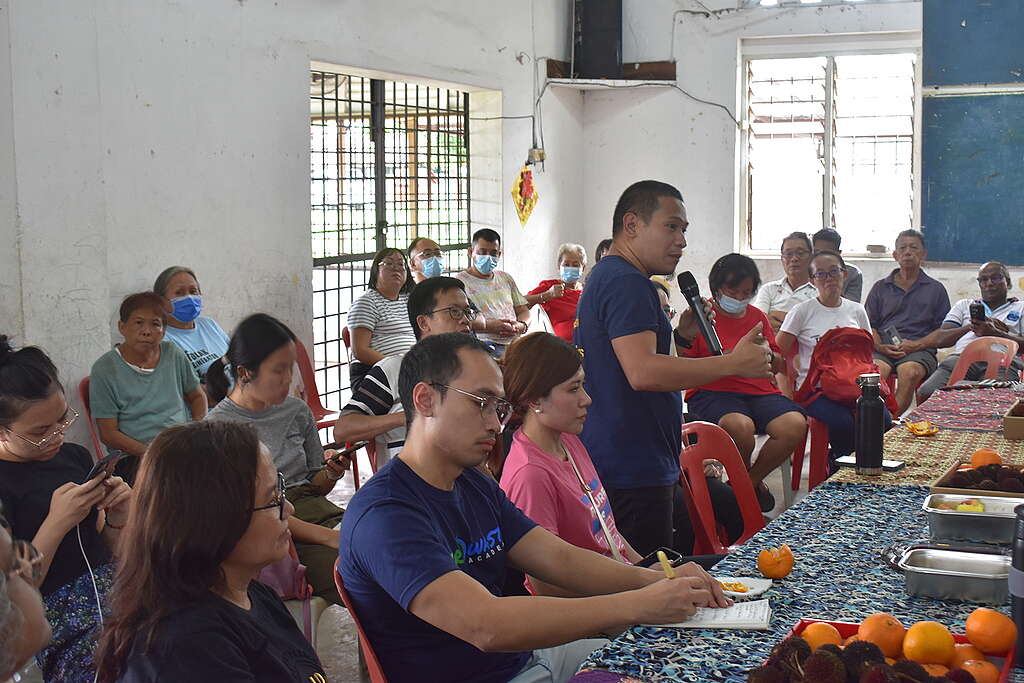
The right to a clean environment is a fundamental human right that should be upheld and protected. It encompasses the idea that every individual has the right to live in an environment free from pollution, toxins, and harmful waste.
In the case of the Batu Arang community, their fight against the construction of an incinerator highlights the importance of preserving a clean environment for all. The opposition to the incinerator is not just about protecting their own community, but also about safeguarding the health and well-being of future generations.
By recognising a clean environment as a basic human right, we acknowledge that it is essential for individuals to have access to clean air, water, and land. This recognition empowers communities like Batu Arang to stand up against projects that may jeopardise their health and quality of life.
Ultimately, ensuring a clean environment as a basic human right benefits not only individuals but also society as a whole. It promotes sustainable development, protects biodiversity, and contributes towards creating healthier and more resilient communities.
